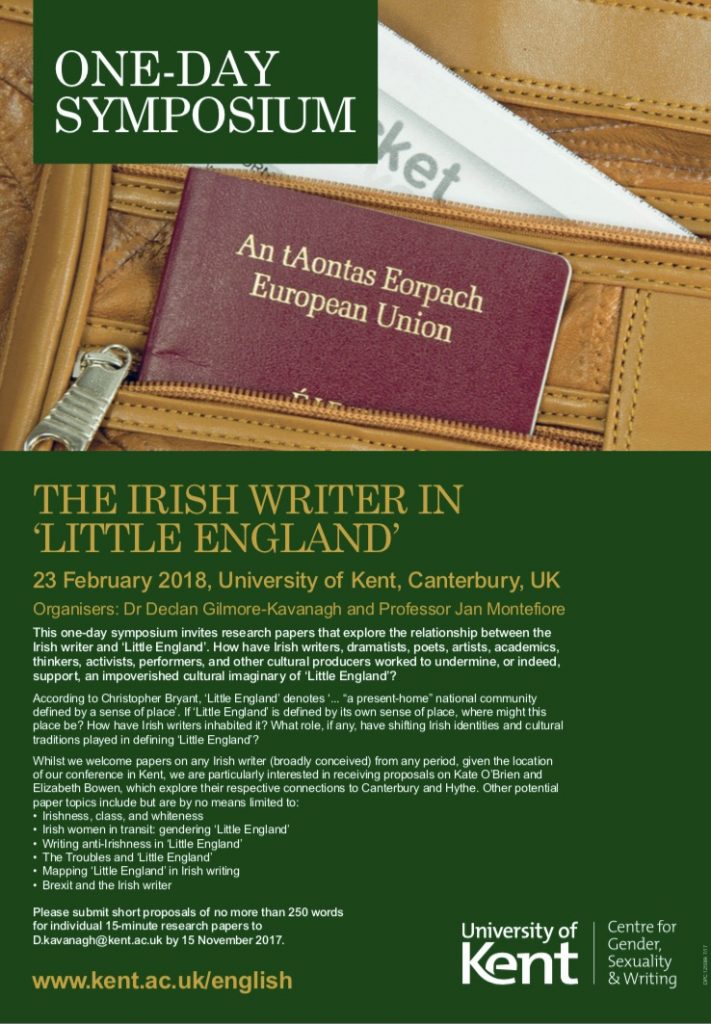University of Cambridge
8th June 2018

Social movements in Spain have increasingly attracted academic and popular attention over the last years. Political mobilisations are frequently treated as spontaneous phenomena, divorced from their wider social and historical contexts, as testified by much of the recent commentary on the 15M/Indignados movement and recent Catalan separatism. There is little interaction between those studying activism in the transformative decades of la transición española and those researching contemporary social movements. This can mean that their lessons and wider significance are lost. Historians of popular politics are also often reluctant to relate their research to contemporary events or to acknowledge the influence of present movements on the collective and academic memory. Our workshop is partly a response to social movement theorists’ suggestion that we attend to a particular mobilisation´s temporal, spatial and transnational dynamics to gain a deeper understanding of the movement itself and the societal changes it sheds light on.
This workshop will allow participants – PhD students and early-career academics – to reflect on social movements in Spain from the mid-twentieth century to the present, linking between past and present in important themes of mobilisation in contemporary Spain. It will help lay the ground for dialogue between scholars of Spanish history and politics from a diverse array of disciplines and intellectual contexts. Speakers will have twenty minutes to present their paper followed by comments and questions lead by an established academic. We will proceed with a roundtable discussion.
We aim to facilitate discussion on a variety of topics related to Spanish social movements, including but not limited to:
- Gender and sexuality
- Relations between social movements and institutions
- Nationalisms
- Urban Infrastructure
- Youth Activism
- Student movement
- Memory
- Labour and trade unions
- Relations between actors
- Movements and political parties
How to apply: Please send abstracts of up to 250 words and a short biography (max.200 words) to Roseanna Webster (rw561@cam.ac.uk) and/or Tiago Carvalho (tmlc3@cam.ac.uk) by March 23rd, 2018.
Limited funding to cover travel and accommodation is available.
. . Category: Archived Call for Papers . Tags: Call for Papers, CFP, Spain, University of Cambridge

